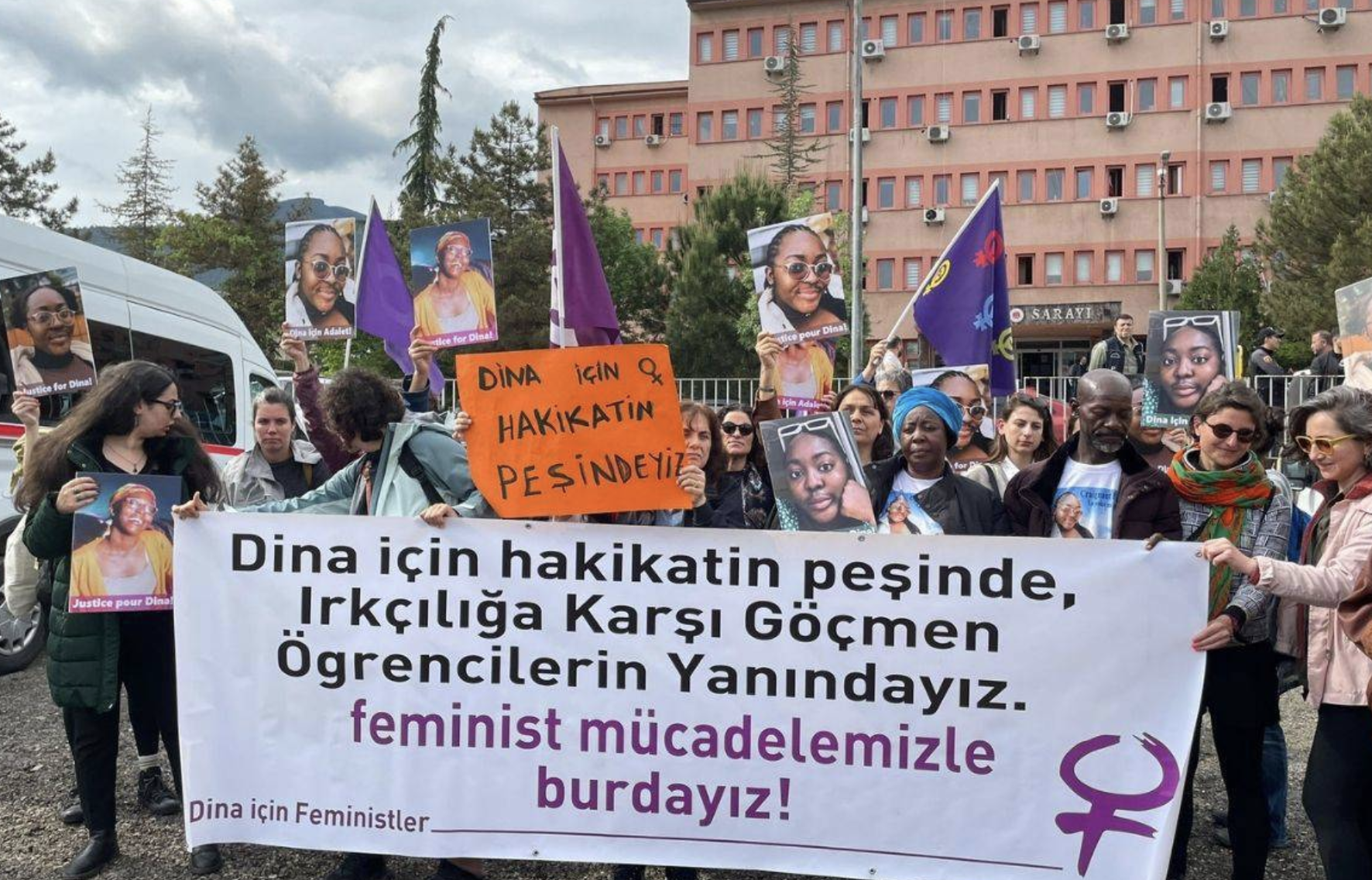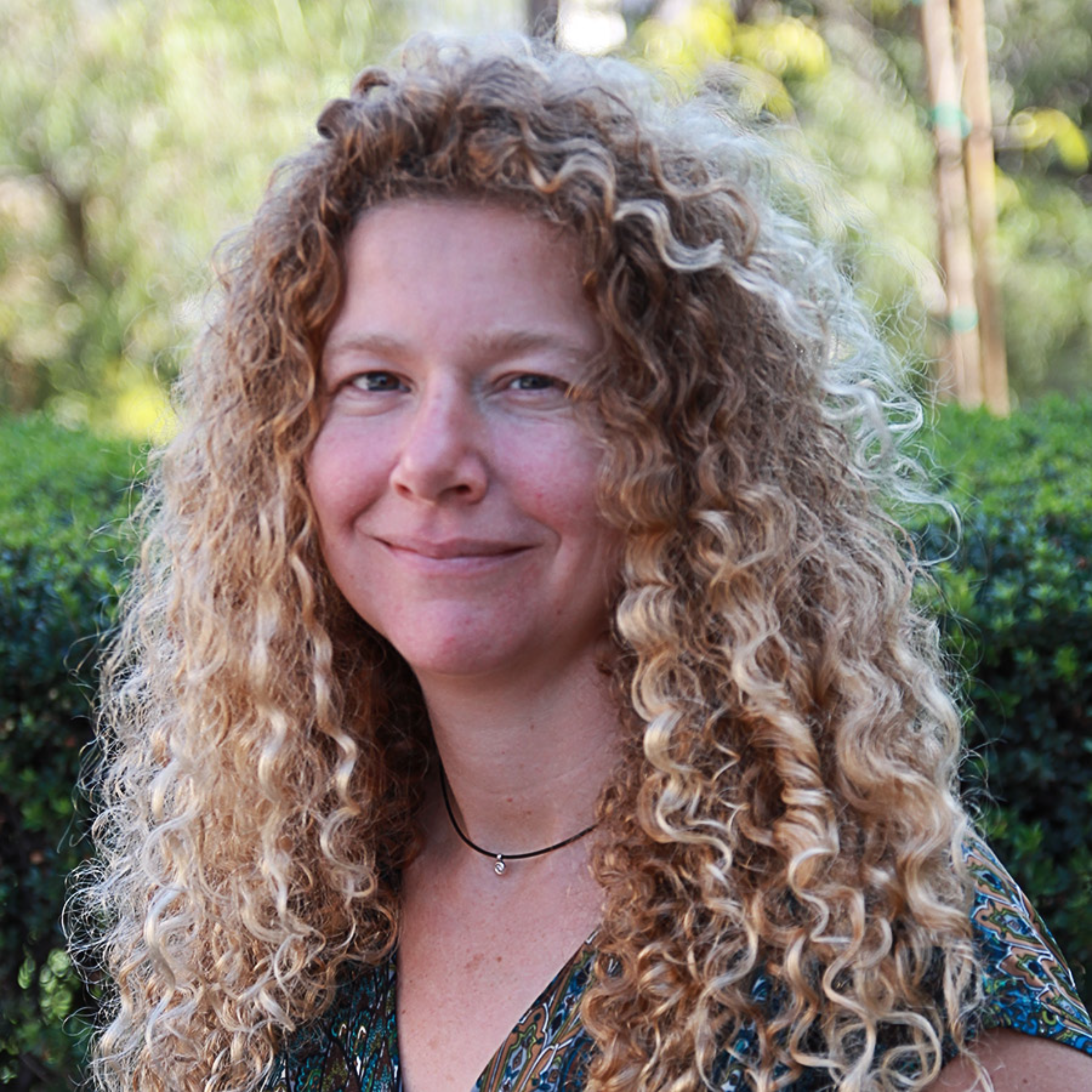Refugees and Feminists: Affective Politics of Transnational Solidarity
My research examines the affective politics of transnational solidarity between refugees and feminists. I focus on feminist activists in Turkey who work with Syrian refugee women and inquire how certain political affects such as empathy, trust, and intimacy are nurtured while others like apathy, mistrust, and detachment are worked through in order to foster solidarity. Such solidarity depends on laboriously nurturing ways of knowing and feeling each other that resist the dominant public attitudes towards refugees as unwelcome intruders into the country and towards feminists as immoral disruptors contaminating the nation. Considering recent outpouring of empathy and support for Ukrainian (aka white Christian) refugees with the comparatively circumspect trickle of empathy and support in Western Europe and the United States for nonwhite and Muslim refugees such as violently displaced Palestinians reveals the urgent need for a throughgoing intersectional analysis of the political feelings that make and break our transnational solidarities. In response, this project explores what it takes to foster solidarity with refugees from an intersectional feminist perspective that is attuned to the co-constitutions of religion, race, ethnicity, nationality, and gender and sexuality.
The research is situated in Turkey, home to the world’s largest (mostly Syrian) refugee population of almost four million individuals and to a vibrant if violently suppressed feminist movement, making it the ideal context to for an ethnographic study with feminist organizations working with refugee women. I seek insight into how transnational feminist activism mobilizes affective flows of concern, affinity, and care alongside material flows of money, resources, and advocacy under the shadow of war, disaster, displacement, and structural and sexual violence. Understanding how refugees and feminists are able to forge solidarity within an atmosphere saturated with nativist, anti-Arab, anti-Muslim, misogynist, and anti-feminist sentiments, this research promises to illuminate a horizon beyond our contemporary global moment colored by racist, misogynist, and xenophobic public feelings and the political regimes that are emboldened by them.
Feminists from Turkey calling for justice for Jeannah Dinabongho Ibouanga, a young female student from Gabon whose suspicious death in 2023 remains under investigation. The sign reads, “We demand the truth for Dina, and support immigrant students against racism. We are here for our feminist struggle.”
Source. Credit: Evrim Kepenek/Bianet
People
Zeynep K. Korkman
Zeynep K .Korkman is an associate professor of gender studies at UCLA. Her research explores the gendered relationships between affect, labor, religion, and transnational feminist politics, with a focus on Turkey and the broader Middle East. Her book, Gendered Fortunes: Divination, Precarity, and Affect in Postsecular Turkey (2023, DUP) explores the proliferating fortunetelling economy of millennial Turkey as an affective window on the gendered contradictions of neoliberalism, secularism, and religiously accented authoritarianism. Her work has been published in journals including Gender Studies, Feminist Formations, Meridians, and Journal of Middle East Women Studies.



